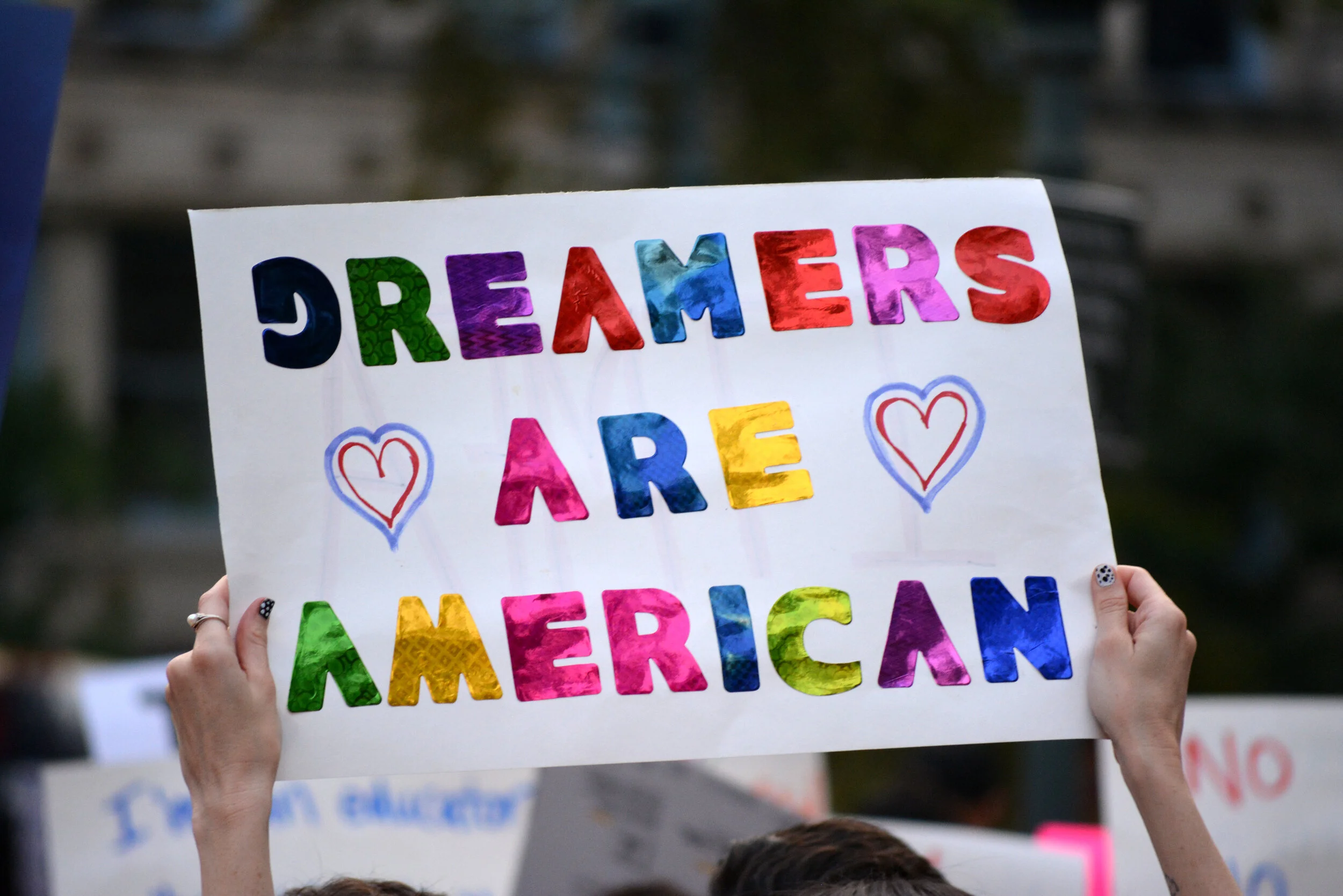FREE BRITNEY B!T¢H!
/This piece was inspired by a recent “Netflix and Chill” session taken by our managing partners.
The New York Times Presents: Free Britney, currently streaming on HULU (not Netflix, but “HULU and chill” just doesn’t sound right), provides background on Britney Spears’ conservatorship that has been in place since 2008.
Conservatorship is the appointment of a representative to handle the personal and/or financial affairs of an adult, where a court decides that the such an appointment is necessary in order to protect that person’s health or to prevent the waste or exploitation of that person’s financial fortune. In Illinois, conservatorship is officially referred to as “adult guardianship”.
At Cunningham Lopez we encourage our clients and their loved ones to have a proper will, trust, and durable powers of attorney in place so that if an adult guardianship is required, which is in any instance where a person is alive but unable to make decisions for themselves, then the injured person can pick and choose their own adult guardians (or conservators), or specifically eliminate who he or she does not wish to be appointed.
Unfortunately, Britney did not have such directives in place and her father, from whom she is estranged, was appointed her conservator. He now receives compensation from Britney’s earnings and, until recently, controlled every aspect of her life, including who she could spend time with, talk to, where she could perform, and how much she was to be paid for any performance.
In Illinois, the conservatee is referred to as the “ward of the court”. The ward is entitled to his/her own legal representation. To remove the adult guardianship, the ward needs to show the court that she has the capacity to perform the tasks necessary for the care of her person or the management of her estate by clear and convincing evidence- the second highest standard of proof behind “beyond a reasonable doubt”.
This can be shown by evidence such as a report from a physician, psychiatrist, witnesses, and/or the court-appointed representative, a.k.a the guardian ad litem. Interestingly enough, the New York Times piece does not discuss whether or not a court investigator was appointed, and if so- what their position on the need for a conservatorship is, or the appropriateness of Spears’ father as conservator is.
While a judge ultimately has the discretion to decide whether or not the guardianship is necessary and under what terms it should operate, having both medical backing and the support of the guardian ad litem gives the ward the best chance at termination of the guardianship . (Having an attorney who is not intimidated by the magnitude of the circumstances and understands the process is certainly a big plus).
Call Cunningham Lopez to ensure you have durable powers of attorney, a trust, and/or a will in place to avoid the complications that Britney has experienced. Call us now if you need assistance establishing or terminating a guardianship here in Illinois.











